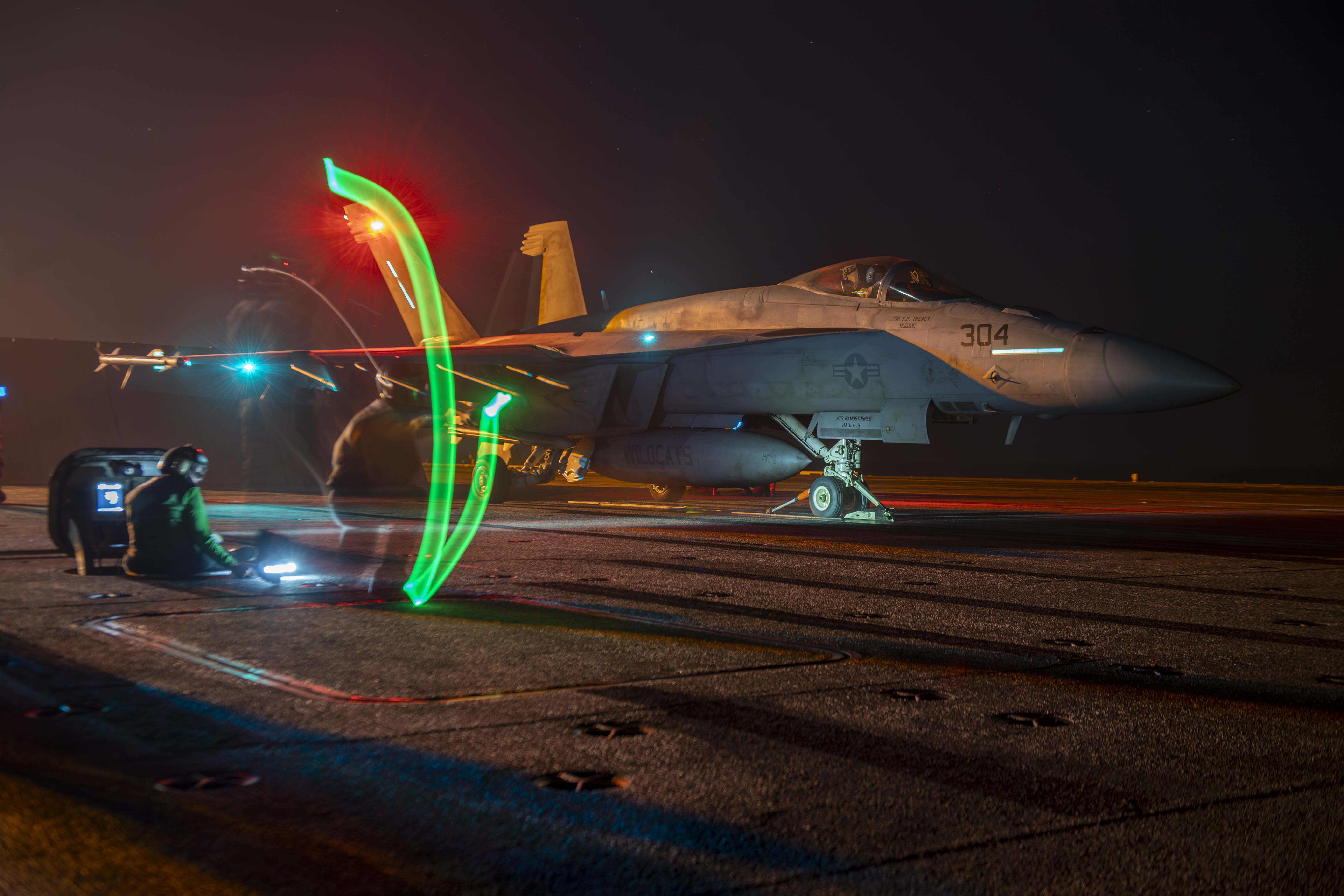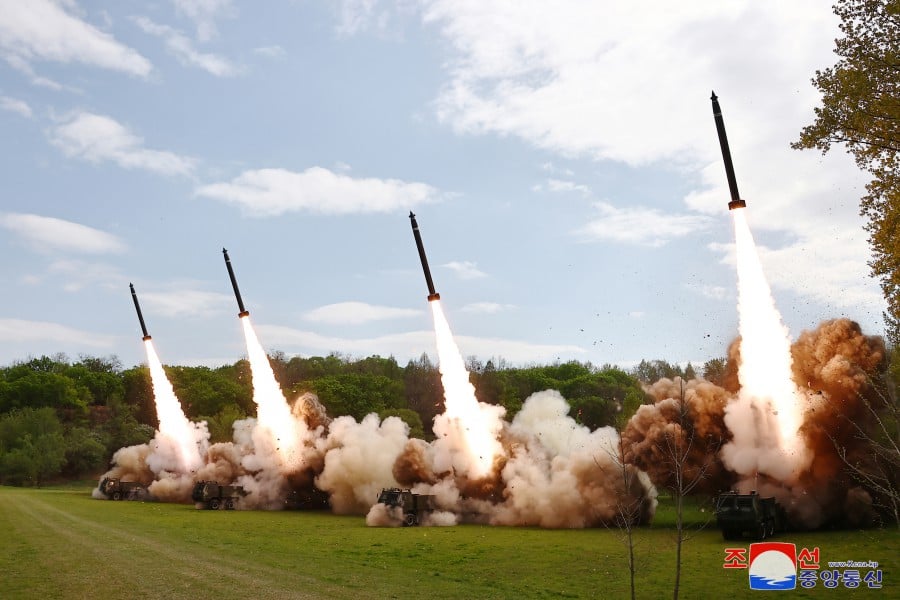
Russia’s view of foreign policy – a zero sum game with the West — is unlikely to change when the new administration takes office in January, an expert in Kremlin affairs said Thursday.
Olga Oliker, director of Russia and Eurasia programs at the Center for Strategic and International Studies, predicted a “long, rough ride” for the Trump administration.
Saying “you want improved relations with Russia” raises questions about “how does [one] meet with other goals,” such as maintaining alliances and partnerships with other countries, she said.
For starters, “I’m not all sure we have a clear idea of the U.S. gets from Russia” when it comes to negotiations. She added Russia is willing to make deals on Ukraine and Syria “but only wants to take concessions” from the United States and the West and not offer anything in return.
Zbigniew Lewicki, the head of the American studies department at Warsaw’s Cardinal Stefan Wyszynski Council, described the current relationship this way: Russia and the West “usually play on the same field” but “the United States and the West play soccer” while “Russia plays American football.” The Kremlin’s goal is to weaken the West by continually putting it in a position of having to choose what is going to accept like the seizure of Crimea, continued fighting in eastern Ukraine.
Celeste Wallander, senior director of the National Security Council, said, “You do not close the door” to Russia, but the situation is “more challenging now.” It remains an important country where negotiations need to continue on issues as different as the Arctic and the Syrian civil war, but it is not the Soviet Union confronting the United States globally.
Stressing she was not advising the new administration of what to do, but describing the political environment it was to work in, Wallander said President Vladimir Putin and the Kremlin leadership “has been successful where it is facing weak targets,” like Ukraine. Exploiting corruption in those countries, waging information and disinformation campaigns, and using cyber attacks on infrastructure have worked in keeping Kiev and other former Soviet republics from integrating even economically with Western Europe.
“We have to deter” because Russia is “willing to use military force and other tools” to overthrow the international order, Wallander said.
Putin and the Kremlin leadership use international actions to bolster support at home. They and many Russians view elections as a confirmation of current policies while the American view them as a way to change policies, Oliker and Lewicki agreed.
As for the future of Syria, Oliker said, “I think Syria is in for continued horror. I don’t think the U.S. can solve it. I don’t think Russia can solve it.”





